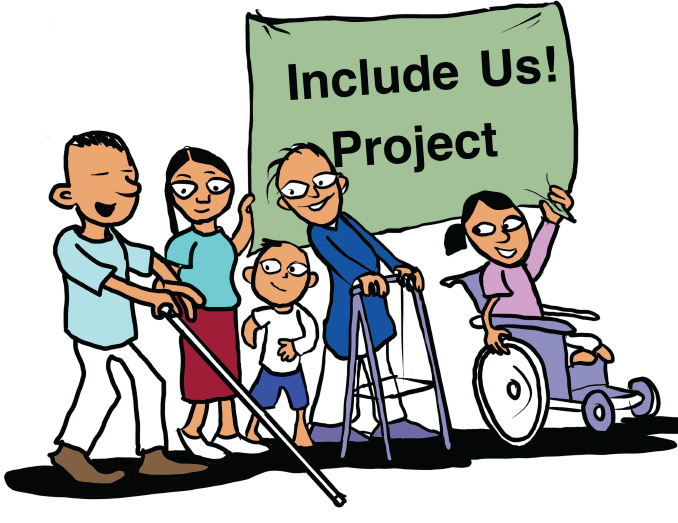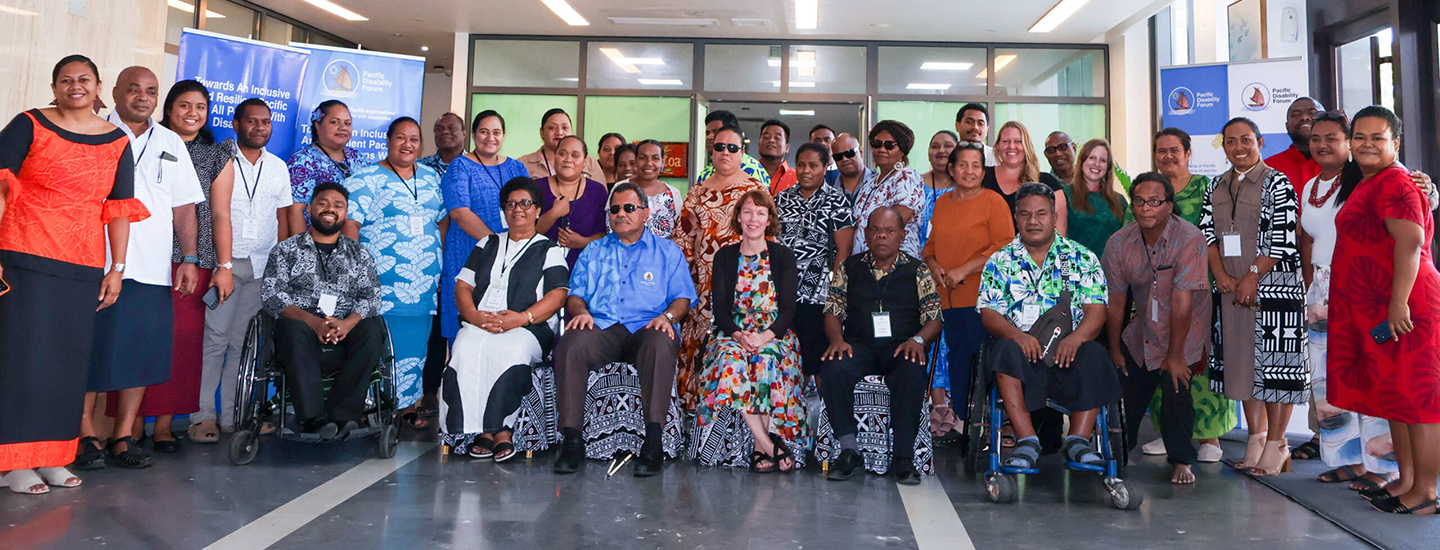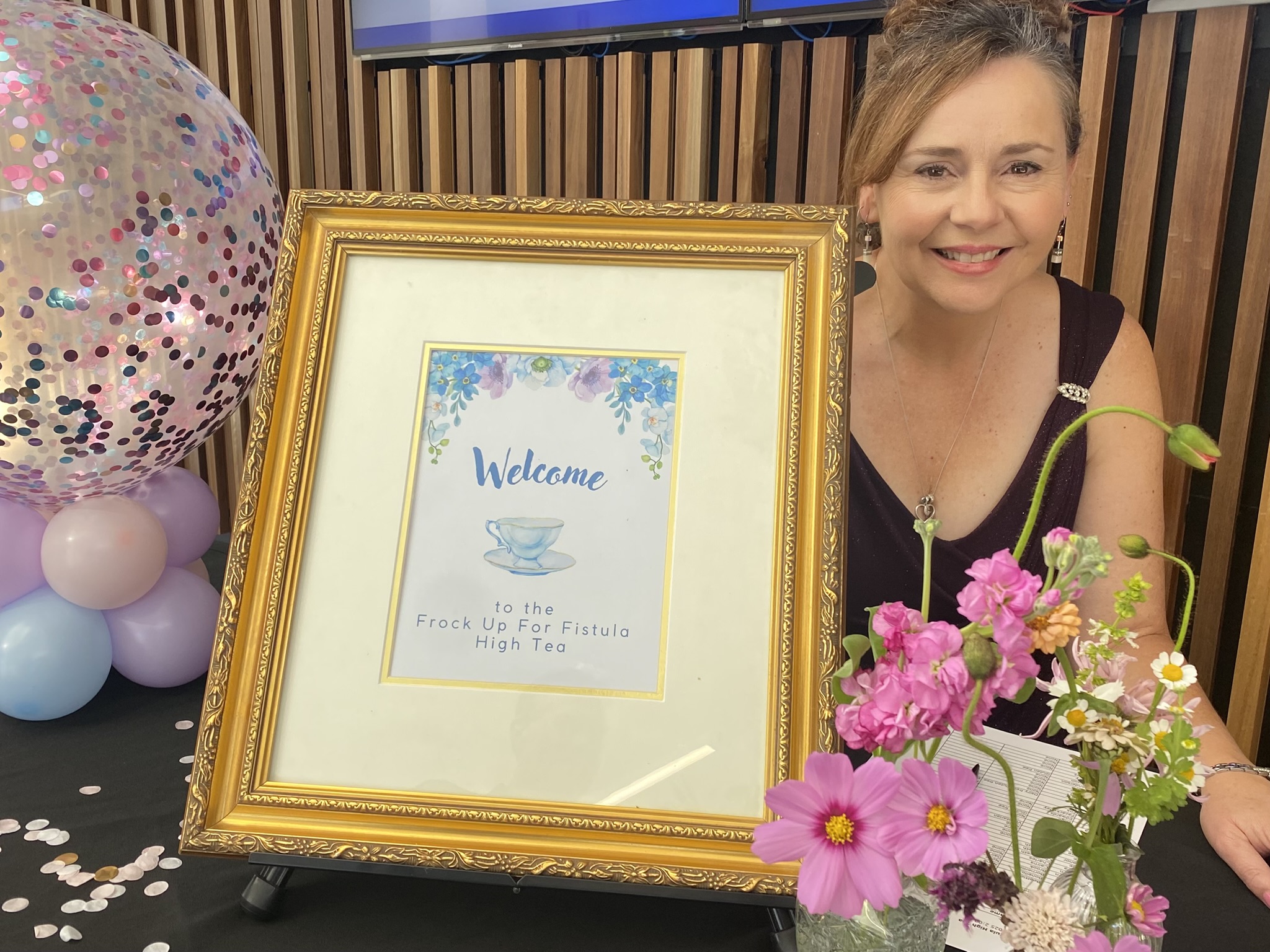Unequal pandemic: worsening precarious economic situations
Stories | February 16, 2022
Eighteen months into the unprecedented COVID-19 pandemic, work practices, businesses and livelihoods were still deeply impacted for millions of people around the world.
Lockdowns, restrictions and social distancing guidelines saw economic activity plummet with little end in sight for many.
CBM joined more than 20 civil society organisations in contributing data, experiences and observations to a new report, An unequal pandemic: Insights and Evidence from Communities and Civil Society Organisations, which found that COVID-19 had exposed the income insecurity of people who were already marginalised prior to the pandemic.
The report explored how marginalised groups, including people with disabilities, were significantly impacted by COVID-19. It found that people with disabilities, as well as groups like migrant workers, women and ethnic minorities, were among those whose livelihoods were hit hardest by the pandemic.
People with disabilities, who already experienced significant barriers to finding and retaining employment, were more likely to lose their source of income than people without disabilities.
The report found that marginalised groups had been forced to adopt short-term financial coping strategies, such as borrowing money from family and friends, to merely afford to put food on the table and a roof over their heads.
Some people with disabilities were also excluded from financial support packages. An example of this is women with disabilities in India who were ineligible for benefits because they did not hold Government-recognised disability certificates.
The necessary shift towards remote working practices, to protect the broader community, also had a detrimental impact on marginalised people who may lack computers, reliable internet access or electricity. Additionally, many online platforms were difficult to navigate or totally inaccessible for people with physical or vision impairments.
With COVID-19 still having a devastating impact across the globe, CBM continues to work with local partners on the ground to support communities to better face the risk of the pandemic.
This work includes supporting people with disabilities to maintain health and hygiene by providing safe, clean water for washing and drinking and cleaning products like soap, equipping partner hospitals and clinics with PPE including masks and gloves and ensuring emergency aid packages are available to those facing food crisis and starvation.
Can you help us to ensure people with disabilities are not left behind during COVID-19? Donate Today.
https://www.cbm.org.au/stories/unequal-pandemic-worsening-precarious-economic-situations
Related Stories

Easy Read your way through our evaluation report
At CBM Australia, we recognise that accessibility is not optional – it is a...

Growing Stronger Together: Supporting OPDs across the Pacific
CBM Australia is proud to partner with Pacific Disability Forum on the Growing Stronger...

Frock Up For Fistula: a High Tea of hope and healing
Something very special happened this Mother’s Day weekend. CBM Ambassadors Lyn Wake and Glenys...
